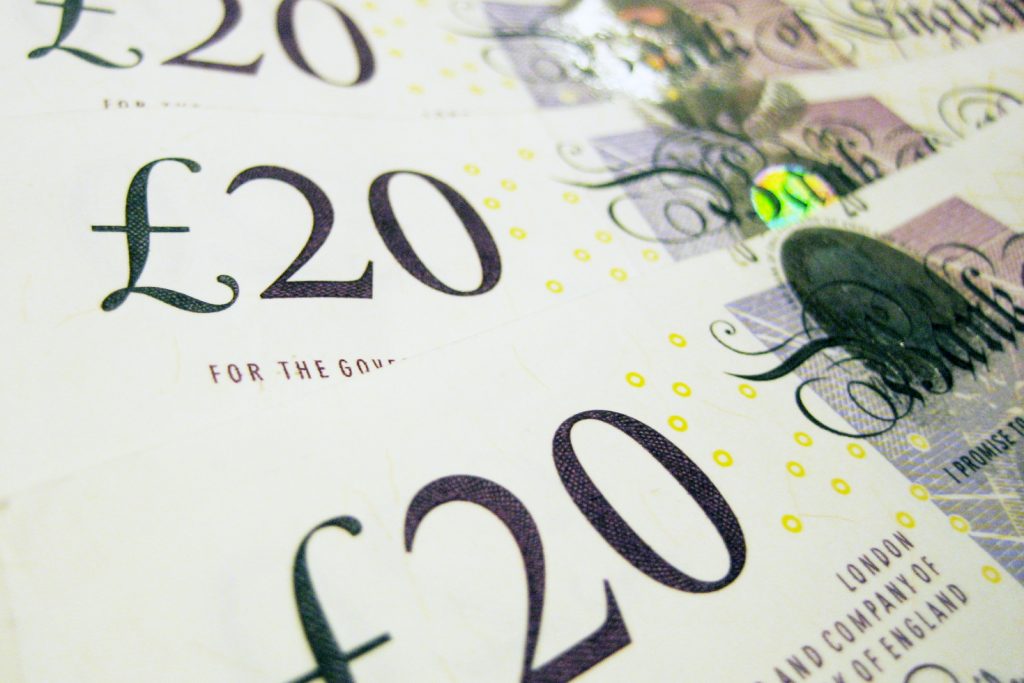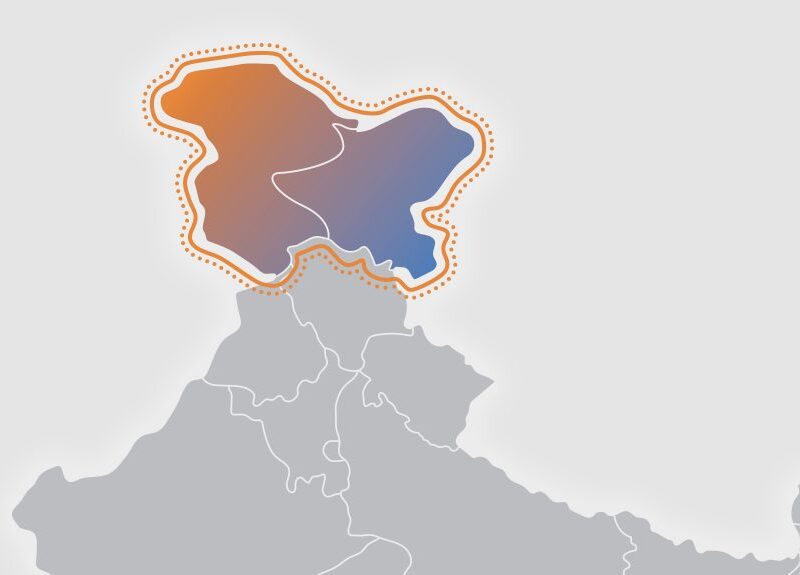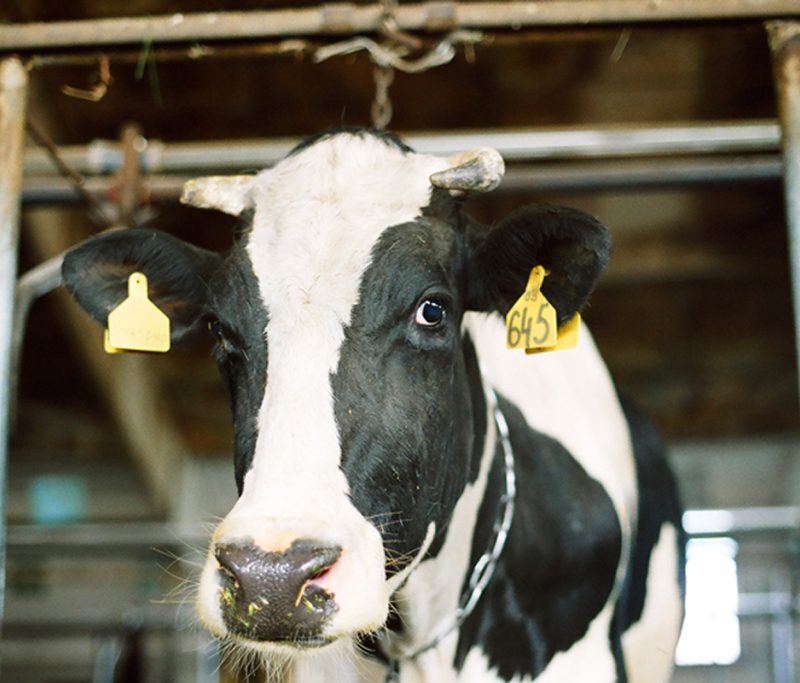

On May 12, the Bank of England will conclude its public consultation on whether future bank notes will be made with a material containing a small amount of beef tallow, palm oil, or some other substance to replace them. The consultation is the result of public outcry from vegetarians, vegans, Hindus, and Jains in Britain following the introduction of new £5 notes made with tallow—a fact not widely known until the notes were already designed and manufactured. Some temples went so far as issuing statements that they wouldn’t accept the new notes as donations, considering them tainted and not acceptable for offerings in a holy place. At least one vegetarian cafe also refused to accept the notes as well. The BoE has already announced that new £20 notes will be made with palm oil.
Regardless of where you live—I write this sitting in New York City and only rarely travel to the UK—if you are Hindu, Jain, a vegetarian, vegan or simply someone who cares about the environmental impact of the goods contemporary society produces, this is a perfect example of being given two deeply flawed choices, each harmful in its own way, testing our interpretation of ahimsa.
On one hand, beef tallow is deeply problematic for Hindus on a spiritual level, given the exalted symbolic status the cow has. It’s an equally disturbing option for anyone trying to live a life which tries to minimize suffering.
No matter which way you cut it, tallow is the result of killing of cows for food and leather and other industrial products. Perhaps there’s a benefit in using the tallow for something useful, rather than simply discarding it—this argument is a popular one whenever hidden animal products are discovered in products. But that’s only the case if you accept that we should be killing off millions of cows for food. If you don’t accept that as a reasonable way humans should be getting our required nutrition, it’s an empty argument. Even if you eat meat, but are still concerned about the environmental impact of your diet, beef is problematic due to the disproportionately high ecological burden it creates, in terms of carbon emissions and water consumption in particular.
Against this, palm oil might seem like a decent substitute. It’s made from a plant and doesn’t require the killing of animal life for its production. But, when you look into the way the overwhelming majority of palm oil is produced, it’s hardly a benign substance. When you examine the entire production chain, there is chain of suffering and violence that is long and twisted.
While some palm oil is produced using certified ecological sustainable methods, most is produced in large monoculture plantations in Indonesia and Malaysia, with a good deal of those having been carved out of previously pristine rainforests. Some of these forests grow on top of particularly peat-rich soils which store massive amounts of carbon. When cleared for agriculture that carbon gets released into the atmosphere, becoming a significant source of greenhouse gas emissions. What’s more, clearing this land for agriculture radically decreases habitat for wildlife in the area, including several critically endangered species. The orangutan is one of these, with these very close biological cousins of humans often specifically targeted and mutilated by plantation workers so they don’t disrupt operations. Furthermore, in some places, these plantations displace indigenous human communities, which have lived in the forest for millennia, violating their rights.
Whether your touchpoint is ahimsa broadly construed or cow protection more specifically may be the deciding factor in where you come down on which of these bad options is the least bad. But, let’s be clear, neither is a good option. Both are harmful to life itself, albeit in different ways and to different segments of life. If you favor palm oil in the name of cow protection or avoiding the killing of animals for food, you are simply displacing harm to somewhere else. If you favor using tallow so as to protect rainforests, endangered species, the rights of indigenous people and the climate, you’re equally just favoring harm in a different location.
If we’re going to create a truly ecological-aware society we owe it to each other and to future generations to choose another path. Rather than debating beef tallow bills or palm oil notes we should be asking whether there isn’t some other material, one that is more consistent with the principle of reducing harm to a minimum.
What then to do if, as in the case of existing £5 notes containing tallow, the situation is fait accompli?
To me the answer is to work towards a truly non-harmful solution. But until that solution can be brought about I recognize this: Ahimsa is about minimizing suffering to the greatest degree reasonably possible. Except for renunciates it’s a contextual and relative principle not an abstract and absolute one. In the case of money containing trace amounts of animal products or trace amounts of non eco-friendly plant oils, there is no reasonable way to avoid this currency entirely in you live in the UK. To those of committed to building better relationships between humans and animals it certainly stings, but it’s no great violation of the spirit of nonviolence to use this currency in comparison to all the other ways each of us can reduce the harm our lives cause to animals and the world and our fellow humans.
The same analysis holds for many apparent ecological conundrum. No one can entirely eliminate suffering their actions cause. Despite our best intentions and efforts, in an absolute sense no one can live a life of pure nonviolence or without any detrimental impact on the environment. But in a relative sense we can all make our best efforts to do so individually and can all contribute to ensuring that our economic and social systems work in ways that minimize the harm we cause collectively.








































